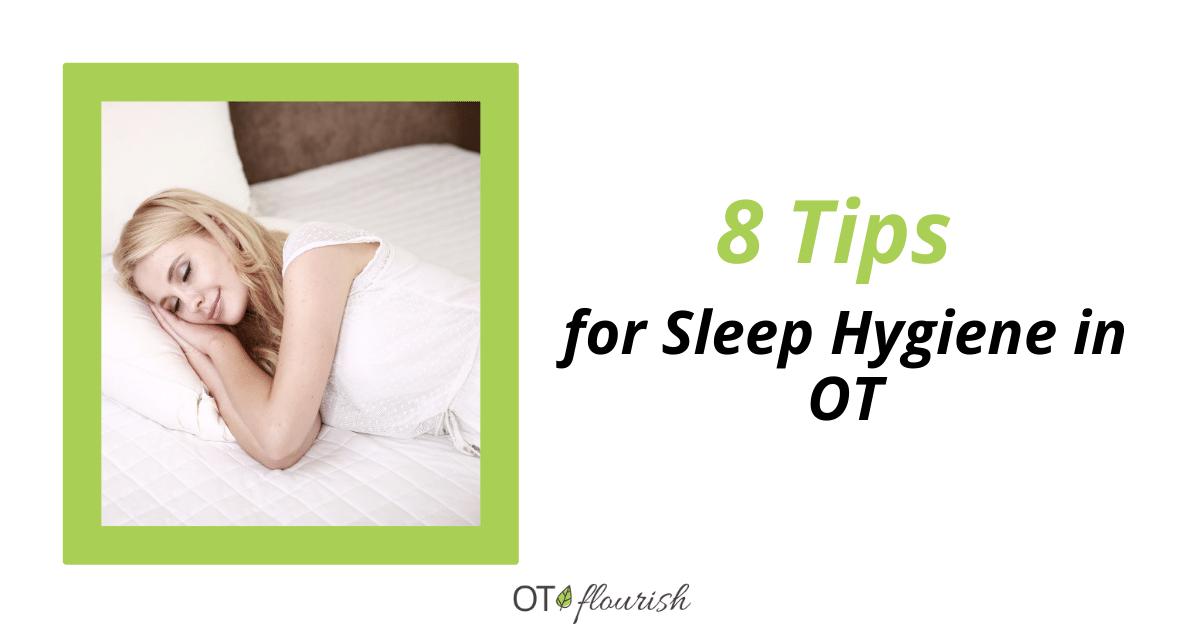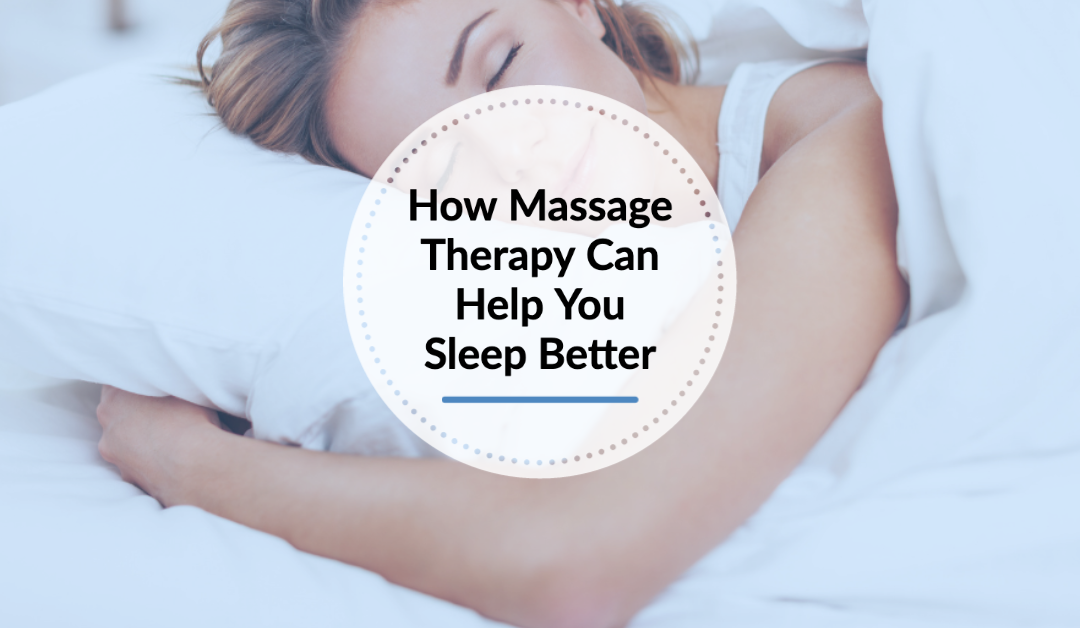Effective Therapy Solutions for Handling Rest Disorders and Enhancing Restful Sleep
In the world of health care, the administration of sleep problems and the mission for relaxing rest are pivotal parts of general health. As we browse the detailed landscape of sleep conditions and look for to boost our rest experience, a deeper understanding of these therapy services might hold the secret to unlocking a much more rejuvenating and satisfying restorative journey.
Cognitive Behavioral Treatment for Sleeping Disorders (CBT-I)
Cognitive Behavior Modification for Insomnia (CBT-I) is a structured, evidence-based therapy method that focuses on addressing the underlying factors adding to sleep disturbances. This kind of treatment intends to modify behaviors and thoughts that exacerbate sleeplessness, eventually advertising healthy and balanced sleep patterns. CBT-I commonly includes numerous essential components, consisting of cognitive therapy, rest limitation, stimulation control, and sleep hygiene education and learning.
Cognitive therapy aids individuals determine and transform adverse thought patterns and ideas concerning sleep that might be hindering their capacity to drop or remain asleep. Rest restriction entails restricting the amount of time invested in bed to match the person's real sleep duration, thereby boosting sleep effectiveness (insomnia solutions). Stimulus control strategies help establish a strong organization in between the bed and sleep by motivating people to go to bed just when drowsy and to avoid participating in boosting tasks in bed
Furthermore, sleep health education focuses on establishing healthy sleep practices, such as maintaining a regular rest routine, creating a relaxing going to bed routine, and enhancing the sleep setting. By attending to these aspects adequately, CBT-I supplies a reliable non-pharmacological intervention for taking care of insomnia and improving general sleep high quality.
Sleep Hygiene Practices
Having developed the structure of cognitive restructuring and behavior modifications in attending to sleeping disorders via Cognitive Behavior modification for Sleeplessness (CBT-I), the focus currently moves towards checking out crucial Rest Health Practices for maintaining ideal sleep quality and total wellness.
Rest health methods include a series of routines and ecological variables that can substantially impact one's capacity to sleep and remain asleep throughout the evening. Consistent sleep and wake times, producing a relaxing going to bed routine, and enhancing the sleep environment by keeping it dark, peaceful, and cool are vital components of great rest health. Restricting exposure to screens before going to bed, preventing energizers like caffeine close to bedtime, and participating in normal exercise throughout the day can additionally promote much better sleep quality.
Additionally, practicing relaxation techniques such as deep breathing exercises or meditation prior to bed can assist relax the mind and prepare the body for sleep. By incorporating these rest health methods into one's day-to-day regimen, individuals can develop a healthy and balanced sleep pattern that supports relaxing sleep and general health.
Leisure Methods and Mindfulness
Applying relaxation strategies and mindfulness practices can play an essential duty in promoting a feeling of calm like it and promoting top quality sleep. insomnia therapy. These strategies intend to silent the mind, decrease stress and anxiety, and create an optimal environment for restful sleep. One commonly exercised method is deep breathing exercises, where individuals focus on slow, deep breaths to relax the body and mind. Progressive muscle mass relaxation entails tensing and after that releasing each muscular tissue team, promoting physical relaxation. Furthermore, assisted images can aid carry people to a serene area in their minds, helping in anxiety reduction and improving rest quality.
Mindfulness practices, such as reflection and yoga, are likewise efficient in advertising relaxation and boosting rest. Mindfulness motivates individuals to remain existing in the minute, allowing go of stress over the past or future. By integrating these methods into a bedtime routine, people can signal to their bodies that it is time to take a break and prepare for rest. Generally, incorporating relaxation strategies and mindfulness practices can considerably add to handling rest problems and improving overall sleep high quality.

Medicine Options for Sleep Disorders
After checking out relaxation techniques and mindfulness practices as non-pharmacological treatments for improving sleep high quality, it is vital to think about medicine alternatives for premenstrual insomnia people with sleep problems. In situations where lifestyle changes and therapy do not supply adequate alleviation, medicine can be a useful tool in handling sleep disturbances.
Typically suggested drugs for sleep problems include benzodiazepines, non-benzodiazepine hypnotics, antidepressants, and melatonin receptor agonists. Antidepressants, such as trazodone, can be useful for people with co-occurring depression and rest disruptions - sleep improvement therapy.
It is crucial for individuals to seek advice from a doctor to identify the most suitable drug alternative based upon their specific sleep condition and clinical background.
Light Treatment for Circadian Rhythm Policy
Light treatment, likewise referred to as photo-therapy, is a non-invasive therapy technique utilized to manage circadian rhythms and improve sleep-wake cycles. This treatment involves exposure to brilliant light that simulates all-natural sunlight, which helps to reset the body's internal clock. By subjecting people to details wavelengths of light, usually in the morning or night depending upon the preferred result, light therapy can efficiently readjust the body clock to advertise wakefulness throughout the day and improve restful rest during the night.
Study has actually shown that light therapy can be especially useful for individuals with circadian rhythm disorders, such as postponed rest phase disorder or jet lag. It can also be useful for those experiencing seasonal affective disorder (SAD), a sort of clinical depression that normally occurs throughout the wintertime months when natural light exposure is decreased. Light treatment is usually well-tolerated and can be made use of along with other treatment approaches for sleep problems to enhance outcomes and enhance overall rest high quality.
Final Thought
Finally, efficient treatment options for handling rest problems and boosting peaceful rest consist of Cognitive Behavior modification for Insomnia (CBT-I), sleep health practices, relaxation strategies and mindfulness, drug options, and light treatment for circadian rhythm guideline. These approaches can help individuals enhance their rest high find here quality and general health. It is important to speak with a doctor to determine the most suitable technique for addressing sleep problems.
As we browse the complex landscape of sleep disorders and seek to enhance our sleep experience, a much deeper understanding of these treatment options may hold the secret to opening a more relaxing and meeting restorative trip.
Rest constraint involves limiting the amount of time spent in bed to match the individual's real rest period, consequently enhancing rest effectiveness. Consistent rest and wake times, developing a relaxing going to bed regimen, and maximizing the rest setting by keeping it dark, silent, and cool are vital parts of good sleep hygiene. Light therapy is usually well-tolerated and can be used in combination with other treatment methods for sleep disorders to enhance results and boost total rest top quality.
